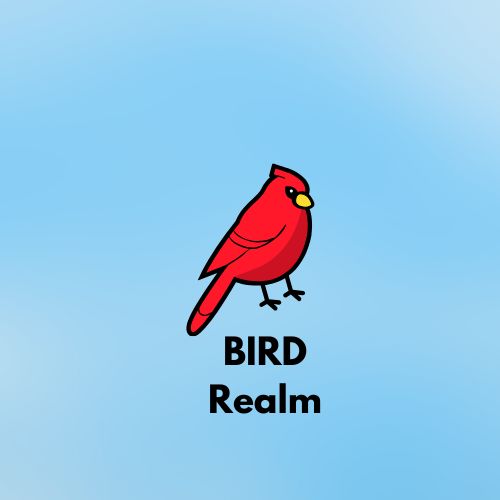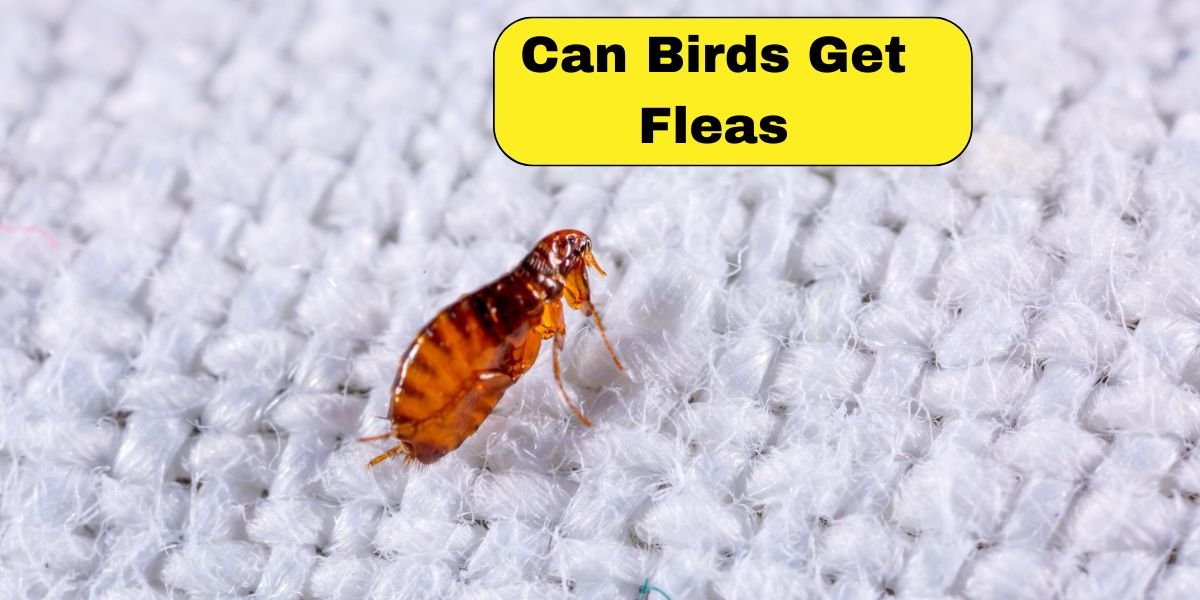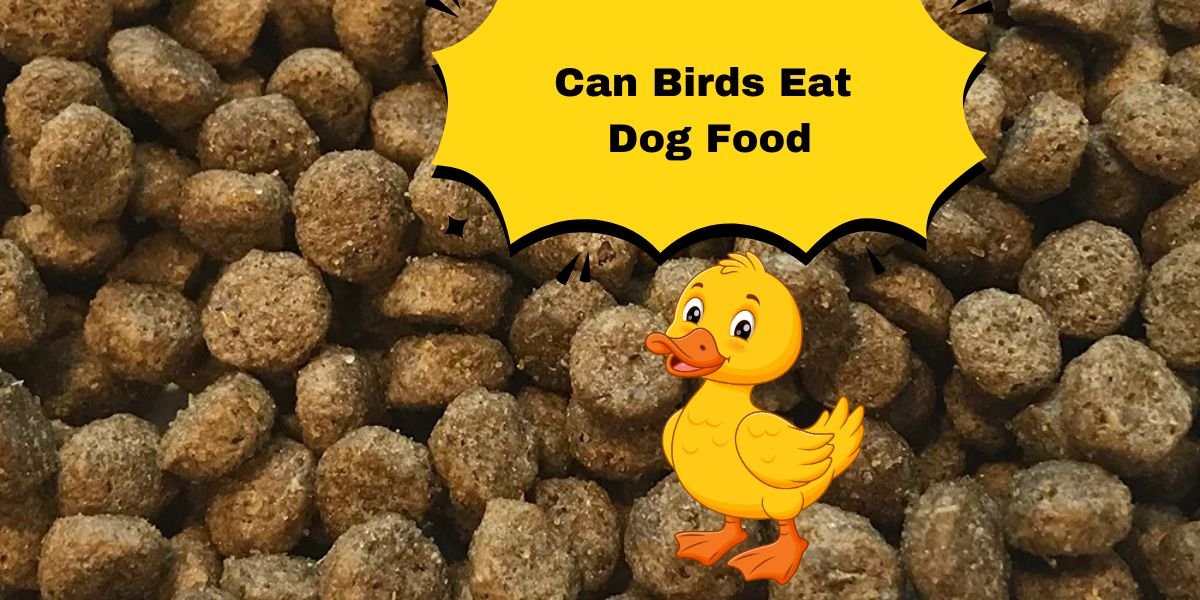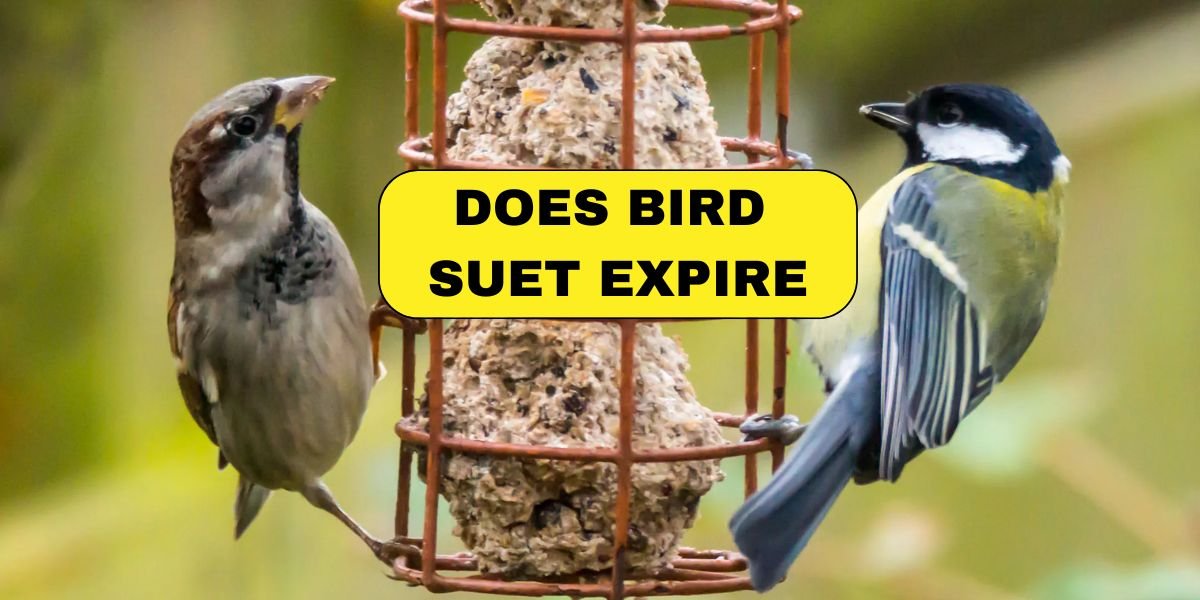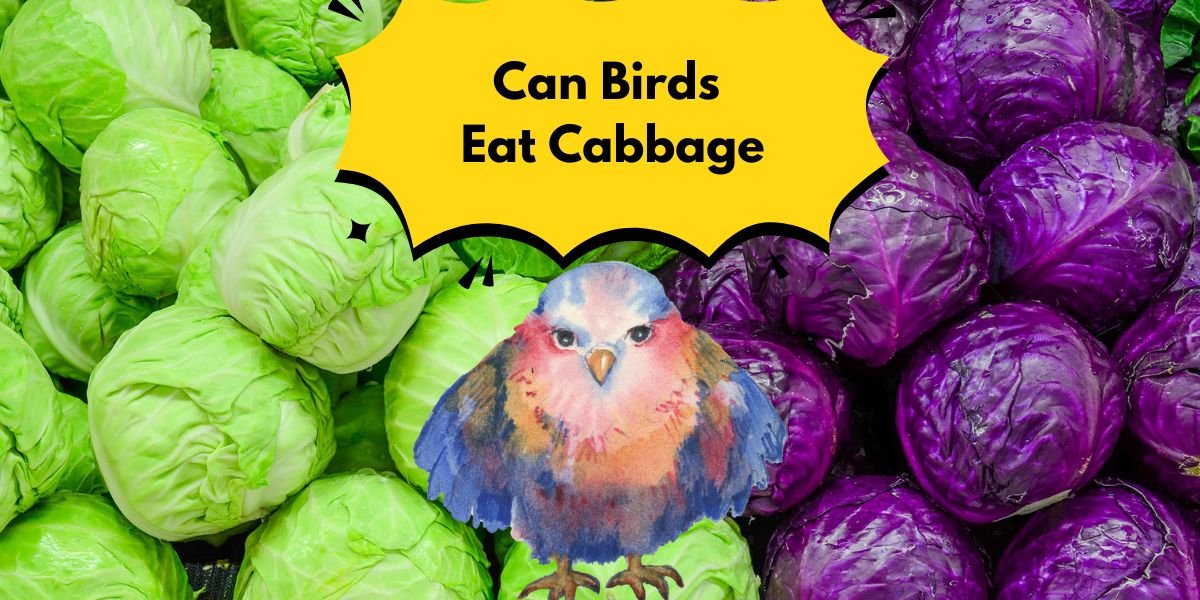Can Birds Get Fleas?
Many people associate fleas with cats and dogs, but what about our avian friends? The question, “Can birds get fleas?” is not only fascinating but essential for any bird lover to consider. This guide delves into the realities of flea infestations in birds, revealing the impact these parasites can have on their health and well-being. You’ll learn about the symptoms to watch for and effective preventive measures to ensure your birds remain healthy and happy.
The Avian Flea: A Specialized Parasite
These fleas are smaller and have specialized mouthparts designed for piercing the skin of birds, enabling them to feed on blood while remaining elusive to their hosts’ grooming efforts.
What sets avian fleas apart is their life cycle, which is intricately tied to the nesting habits of birds. They lay eggs in the bird’s nest, where the larvae can feed on organic debris, including feathers and feces. This relationship underscores a critical aspect of avian ecology: the interdependence between species.
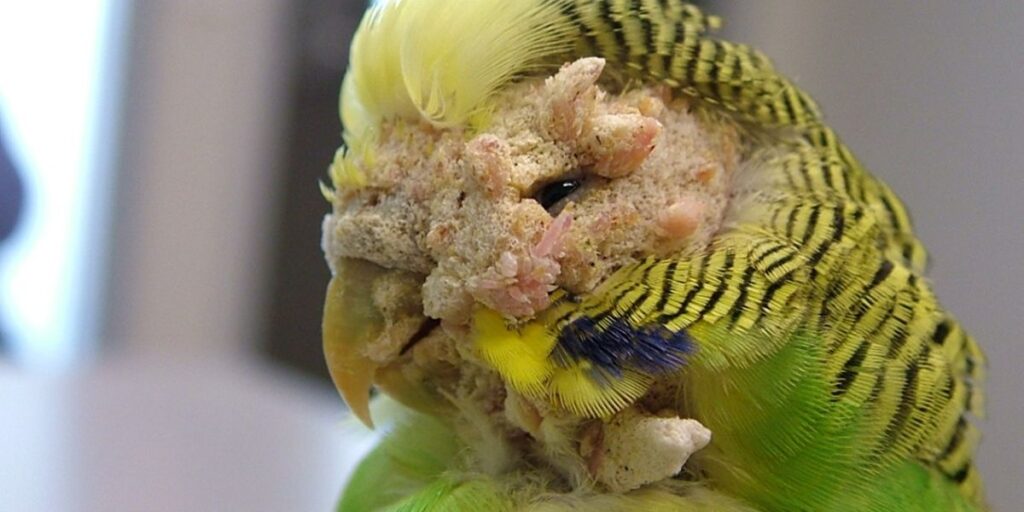
When birds migrate or change nesting sites, they inadvertently spread these parasites to new territories, potentially impacting local ecosystems. Understanding the role of avian fleas not only sheds light on avian health but also highlights the intricate web of interactions in nature that can influence biodiversity and species survival.
Symptoms of Flea Infestation in Birds
There are some symptoms of flea infestation in birds are listed below.
- Excessive scratching or preening
- Feather damage or loss
- Restlessness
- Reduced overall condition
Excessive scratching or preening
Excessive scratching or preening in birds can be a telltale sign of underlying issues. fleas are more commonly associated with furry pets, birds can indeed suffer from ectoparasites, though fleas are less frequent.
Instead, they may be more susceptible to mites and lice, which can cause significant irritation and lead to compulsive behaviors like excessive preening. This repetitive motion is not just a grooming ritual; it serves as a coping mechanism for the discomfort caused by these pests.
Feather damage or loss
Feather damage or loss in birds can be a concerning issue, often signaling underlying health problems or environmental stressors. While many bird owners may initially attribute feather loss to molting, it’s essential to recognize that persistent feather damage could indicate parasitic infestations, such as fleas.
Restlessness
Restlessness can manifest in various forms, often leaving individuals feeling unsettled and distracted. This inner turmoil might stem from external pressures, unresolved thoughts, or even a disconnect from one’s environment.
While many associate restlessness with anxiety or stress, it can also serve as a signal—an indication that change is necessary or that creativity is yearning for expression. Embracing this discomfort instead of resisting it can lead to personal growth and clarity.
Reduced overall condition
Reduced overall condition in birds can manifest in various ways, often indicating underlying health issues. When a bird appears lethargic, has ruffled feathers, or shows a diminished appetite, it may be a sign that something is amiss.
One often overlooked aspect of avian health is the potential for ectoparasites such as fleas. While many pet owners might assume that fleas are exclusive to mammals, certain species can indeed infest birds, leading to significant discomfort and further health complications.
Which Birds Are Most Likely to Get Fleas?
Birds can indeed get fleas, although they are not as common in avian species as in mammals. Certain types of birds, particularly those that spend significant time on the ground or near other infested animals, are more susceptible.
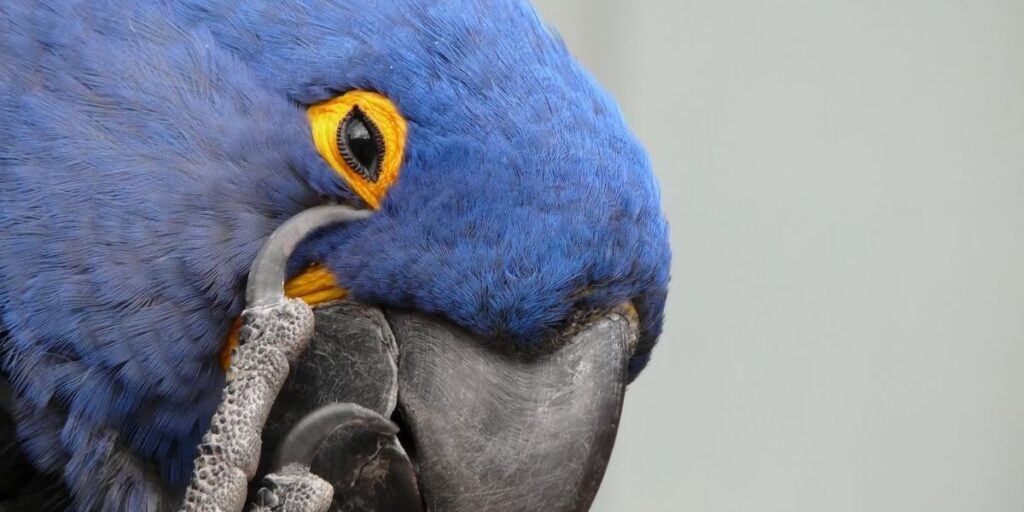
Ground-feeding birds like sparrows, robins, and pigeons often encounter fleas as they forage for insects and seeds in grassy or littered areas. These environments can harbor flea populations, making these birds prime candidates for infestation.
Fleas vs. Other Parasites
The ecological impact of fleas compared to other parasites reveals a fascinating dynamic. Fleas thrive in environments rich in organic debris, while ticks require a more complex host relationship, often relying on specific wildlife for their life cycles.
This difference underscores the adaptability of fleas, allowing them to infest various animals, including dogs and cats. Understanding these distinctions not only informs pet owners about effective preventive measures but also highlights the importance of maintaining cleanliness and vigilance against all types of parasites in our homes.
Recognizing the broader spectrum of parasitic threats can empower pet owners to take a proactive approach to safeguarding their furry friends and feathered companions alike.
Treatment and Prevention
Prevention is equally important in protecting birds from flea infestations. Maintaining a clean living environment is key; regularly washing bedding, cleaning cages, and vacuuming areas where birds roam can significantly reduce the risk of fleas.
Ensuring that any pets that interact with your birds are treated for fleas can create a barrier against potential infestations. By adopting these proactive measures and staying vigilant, bird owners can help safeguard their avian companions from the discomfort and health risks associated with fleas.
Can We Get Fleas from Birds? Can Dogs?
It’s unlikely for a dog to contract fleas directly from a bird, the environment plays a crucial role in flea transmission. If a bird infested with fleas frequents an area where dogs roam, those fleas can easily jump onto a passing dog.
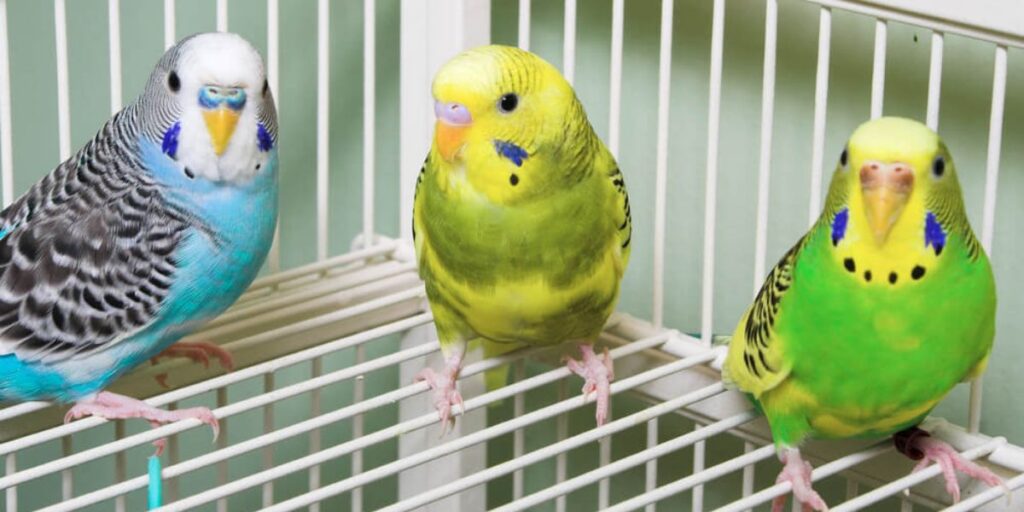
Fleas can leap impressive distances, making it possible for them to transfer between species when they share the same habitat. This highlights the importance of maintaining a flea control regimen not only for pets but also for their surroundings to prevent infestations from any source, be it birds or other wildlife.
Final Words
Birds are not the primary hosts for fleas, they can indeed become infested with these parasites under certain circumstances. Fleas may latch onto birds from their environment or through contact with other animals, leading to discomfort and potential health issues.
Bird owners need to be vigilant and maintain a clean living space to minimize the risk of flea infestations. Regular grooming and monitoring for signs of fleas can help keep our avian friends healthy and happy. If you suspect your bird has fleas, consult with a veterinarian for appropriate treatment options.
